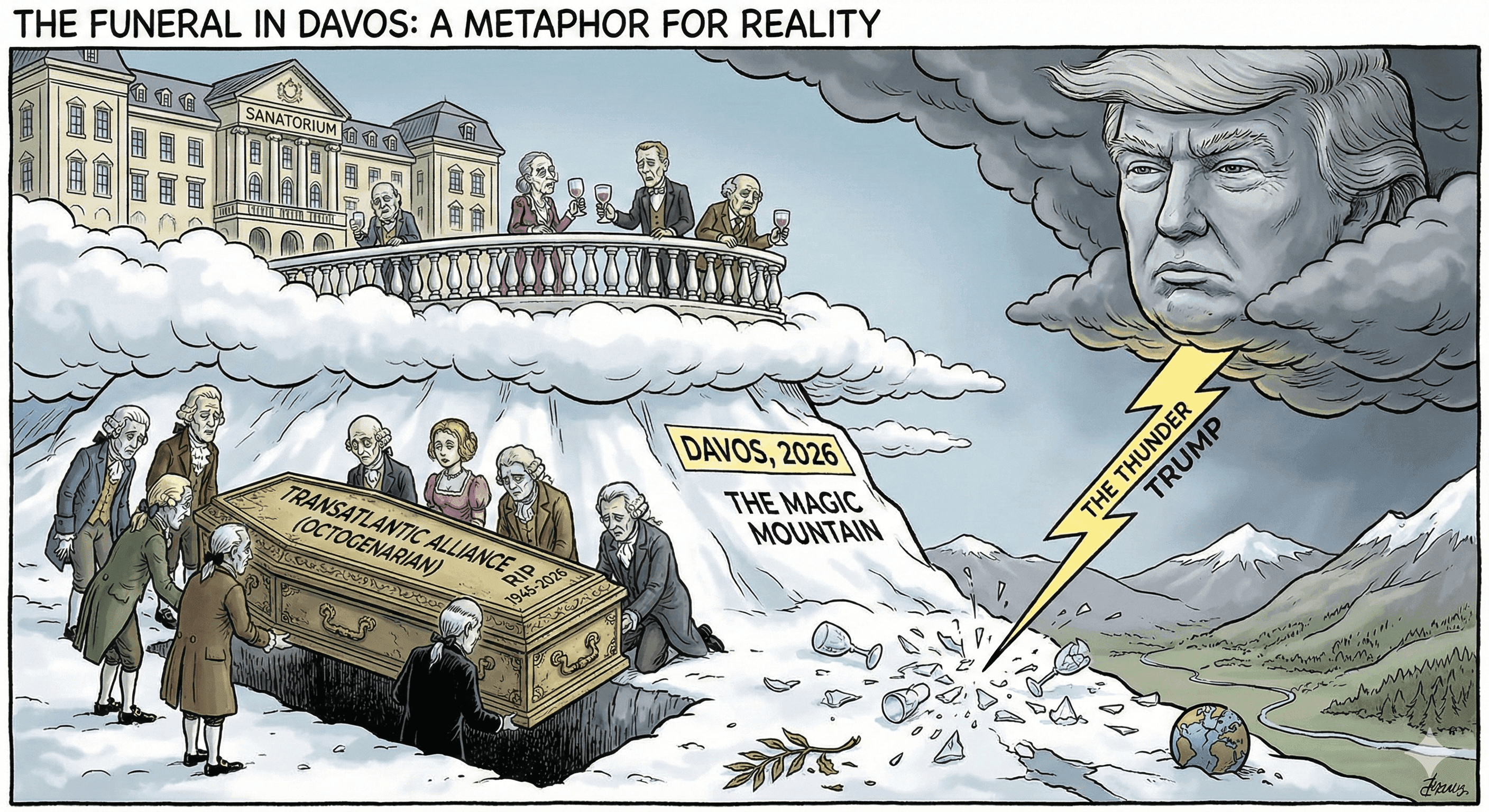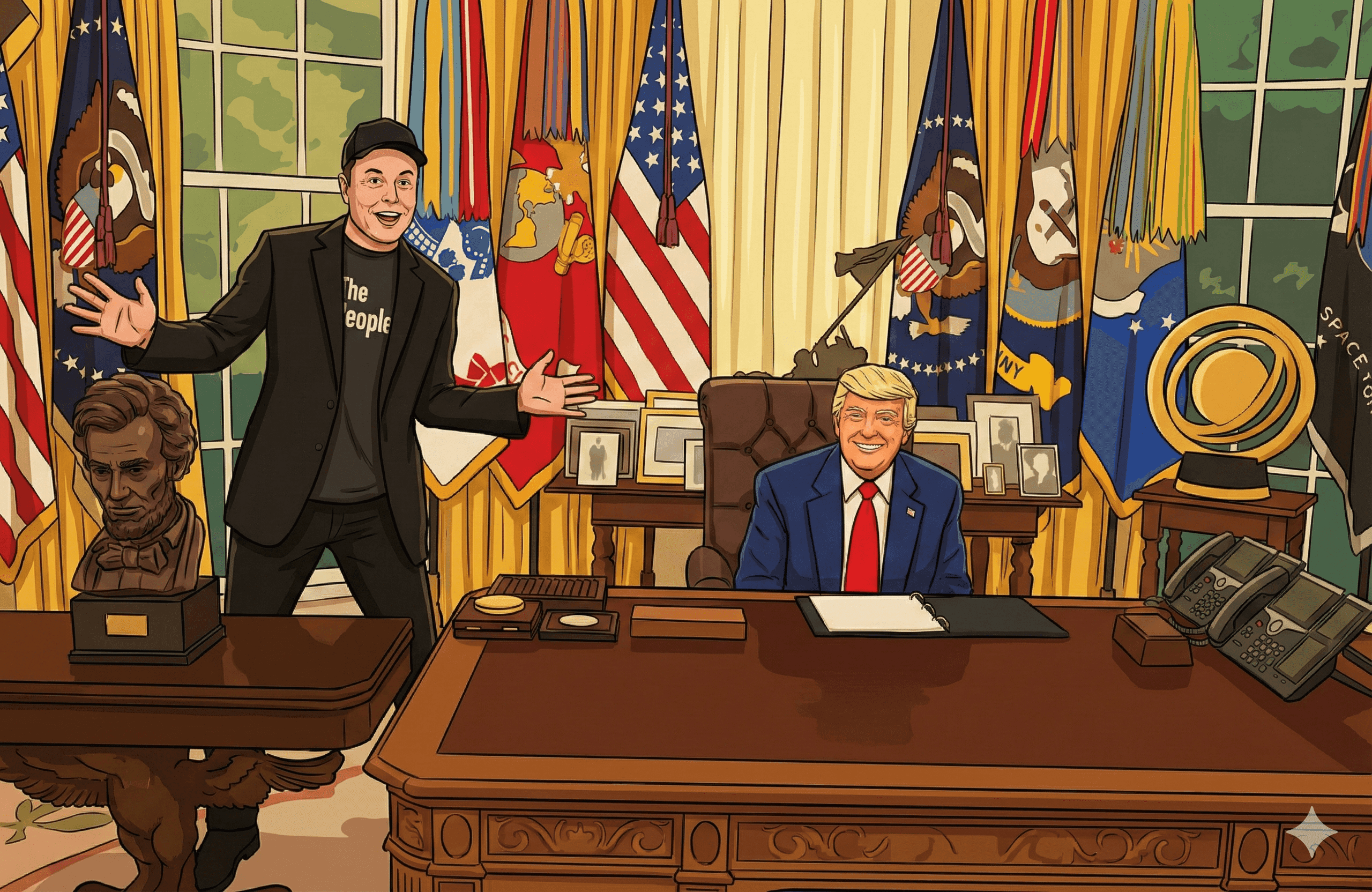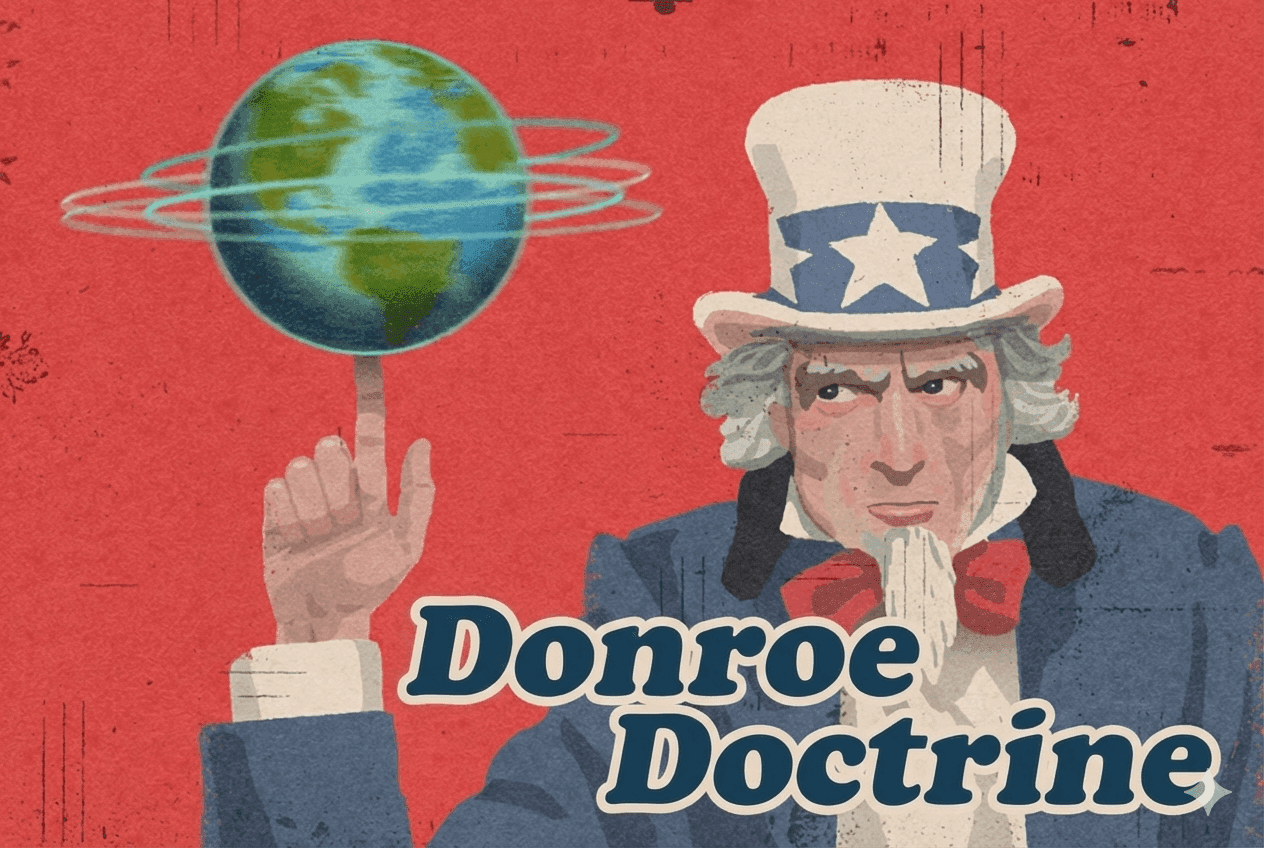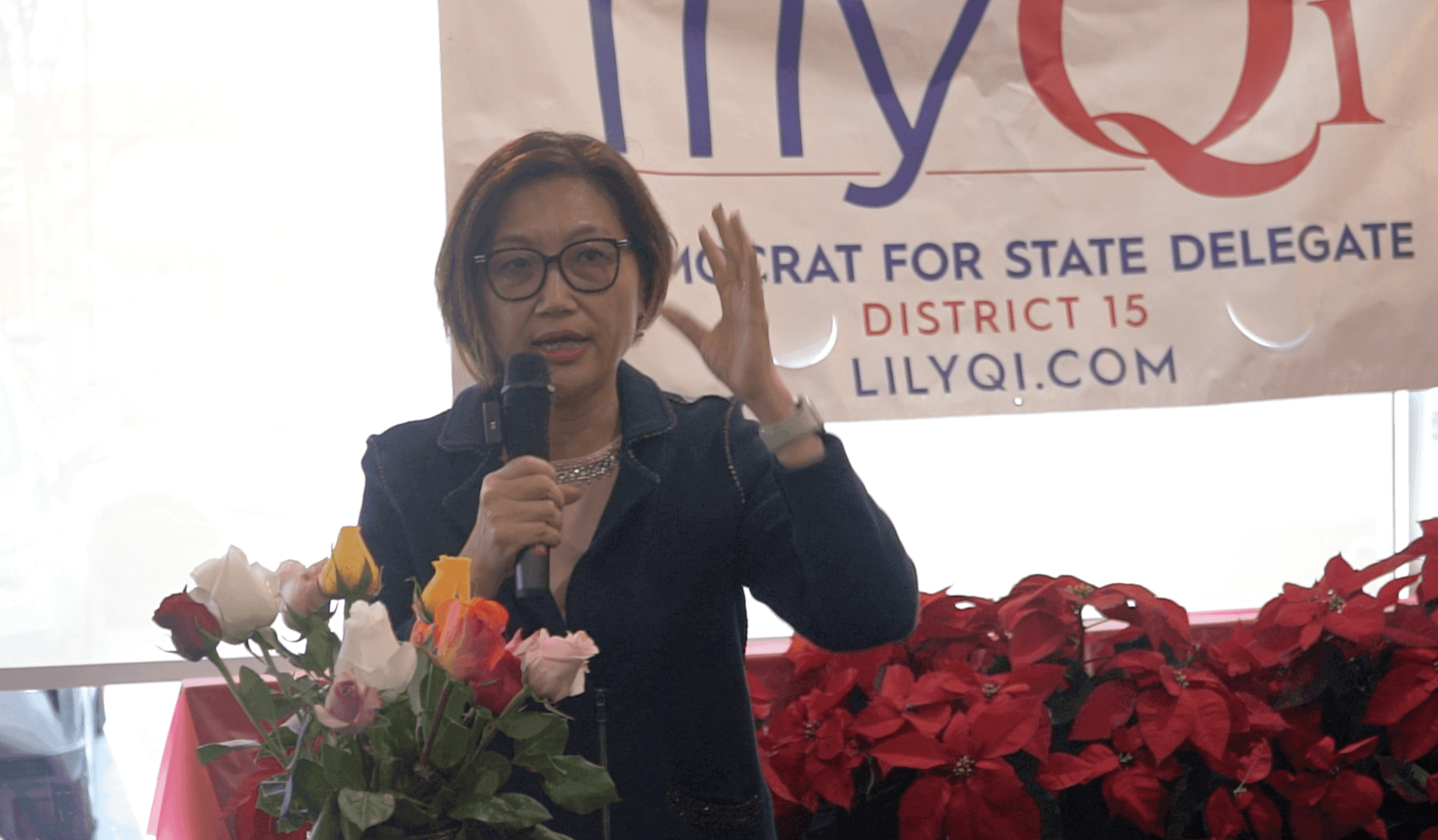Will Walz's Candidacy Encourage More Chinese Americans to Vote for Democrats?
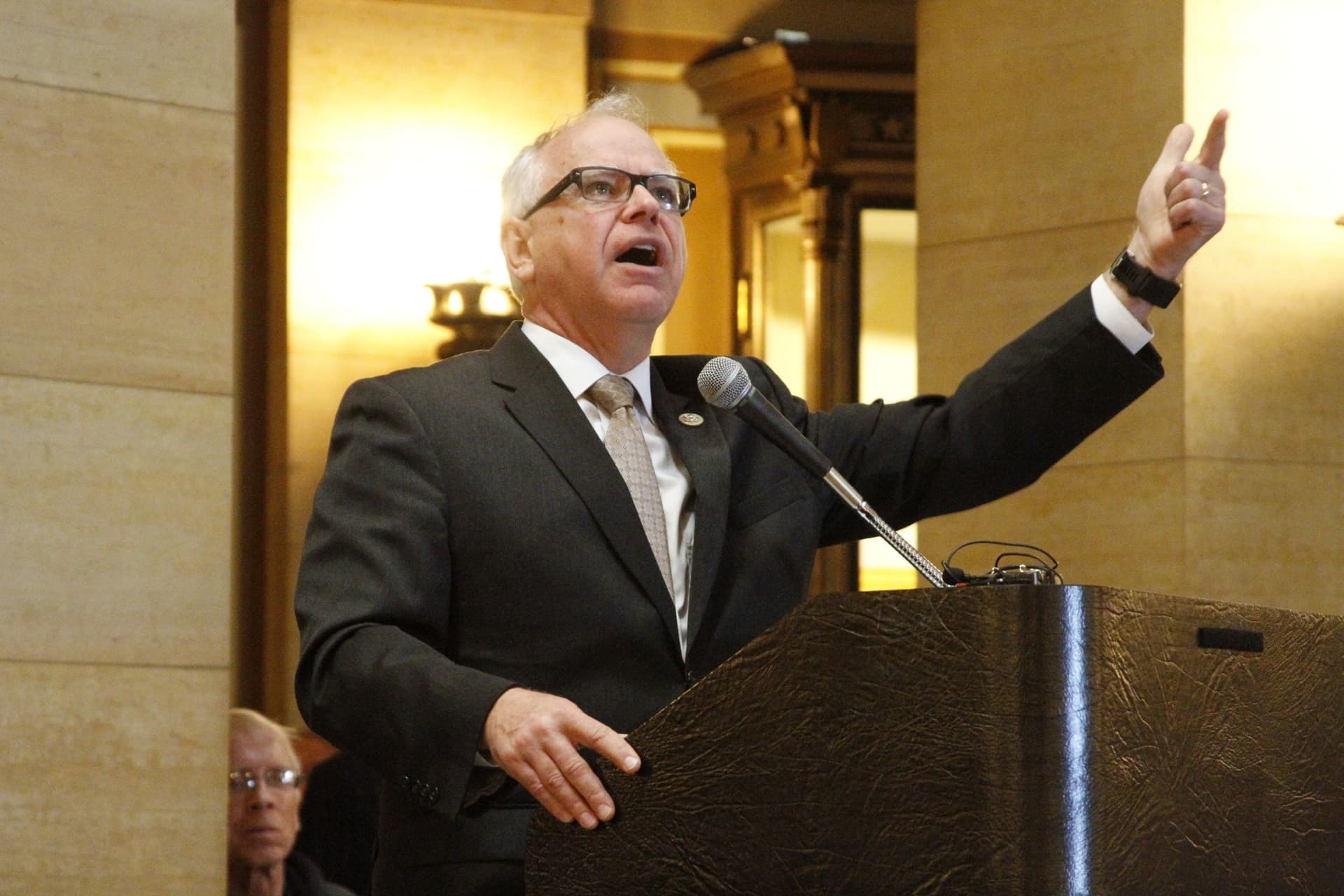
WASHINGTON – If Vice President Kamala Harris had chosen Pennsylvania Gov. Josh Shapiro or Sen. Mark Kelly of Arizona as her running mate, Chinese Americans likely wouldn’t be paying as much attention to her VP pick as they are now. However, Tim Walz holds a unique position within this specific ethnic group.
Walz, the Minnesota governor and Democratic vice presidential candidate, speaks some Chinese and has significant engagements with China, which may suggest he has a better understanding of the social and cultural nuances of the Chinese American community. But will his candidacy encourage more Chinese Americans to vote for Democrats in November?
After Harris announced Walz as her VP pick, a common reaction was, "Who’s he?" As the media rushed to dig into his background, the image of this governor from a state with a population of less than 6 million became clearer: born and raised in a rural area, a former high school teacher, football coach, with military experience, progressive policy on abortion, and a shifting stance on gun control. Few of these labels resonated strongly with the Asian American community until they learned about his relationship with China.
Walz’s first international flight was to China. After graduating from college in 1989, he took a one-year teaching position in Guangdong, a southeastern province in China, as part of the first government-sanctioned group of American educators to teach in China through a Harvard University program, according to his congressional biography. Walz taught at a local high school in Guangdong for a year and still speaks a little Mandarin today.
Walz spent his honeymoon in China. He and his wife, fellow Minnesotan teacher Gwen Whipple, were married in 1994. Their honeymoon also served as a trip with 40 American high school students to China, marking the first annual summer excursion organized by Educational Travel Adventures, a company founded by the Walz couple. The company organized these annual summer excursions to China for American high school students for a decade, until 2003.
Since 1989, Walz has traveled to China about 30 times for personal and political reasons, according to the Times. While his relationship with China has drawn both attacks and praise from across the political spectrum, Chinese Americans are more concerned about how the next federal administration will address their community if Harris-Walz is elected.
Haipei Shue, president of United Chinese Americans, said Walz’s life experience in China and academic background in East Asian Studies would definitely help him better understand Asia and Asian Americans. “That is a fair and objective assessment,” said Shue, who has been a Chinese American community activist in Washington, DC, for decades and was instrumental in the passage of the Congressional Apology Resolution on the Chinese Exclusion Act of 1882.
Though he doesn’t endorse any political party as president of a nonprofit and nonpartisan organization, Shue said that if the Democratic ticket wins the presidential race, “I think they will handle US-China relations better. And better US-China relations are usually beneficial for the Chinese American community.”
Regardless of the candidate’s party affiliation or background, Shue said that as a Chinese American, like any American, he expects the next federal administration to respect facts, use logic, and exercise reason and rationality in their governing.
Ting Mei Chau, a Chinese American community leader in Montgomery County, Maryland, said she believes Walz wouldn’t treat the Chinese American community worse than the other party’s VP candidate. “But, will he necessarily treat us better? I don’t agree either,” she added.
Chau said that today’s China is very different from the China Walz experienced in 1989. His teaching experience from nearly three decades ago does not convince Chau that he fully understands the Chinese American community or has the necessary knowledge to serve it effectively.
“I think that once you become Vice President or President, the agenda is much broader than just individual experiences,” Chau said.
Rather than relying on a political party or candidate to address the Chinese American community's needs, Chau said that Chinese Americans should focus on building up their community. This involves creating an environment where members are more vocal, willing to advocate for their interests, and prepared to fight back against racial or discriminatory attacks.
In this case,” Chau said, “regardless of which party goes up, they will keep us in mind.”

 Pingping Yin
Pingping Yin Eileen Wu
Eileen Wu